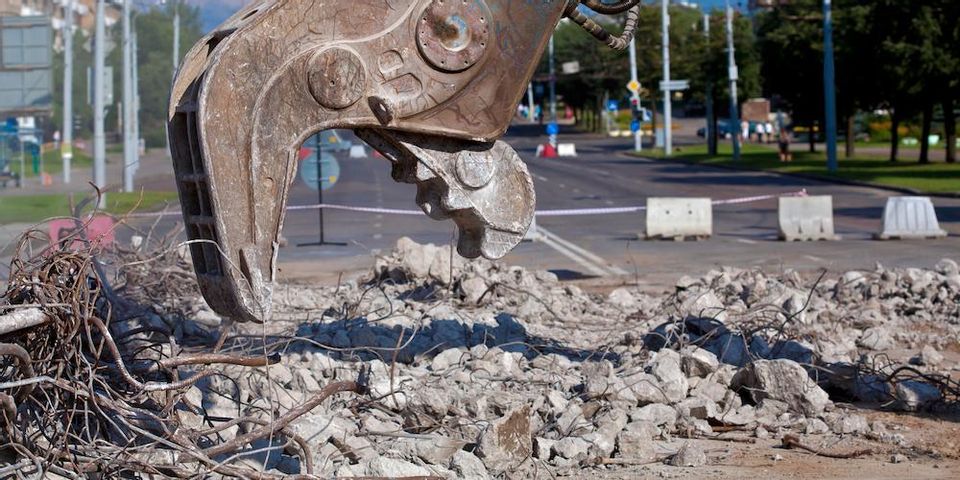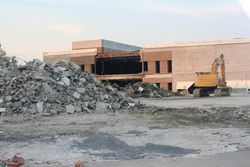4 FAQ About Commercial Building Demolition

When you need an office building, store, factory, or another commercial property fully dismantled and cleared, you call upon your local commercial demolition experts. There's more to this heavy-duty task than meets the eye, though, so anyone enlisting the services of a specialist should know what to expect in advance. For a closer look at the process and how it works, here are a few of the most frequently-asked demolition questions.
Commercial Building Demolition FAQ
Are There Specific Requirements?
Requirements vary depending on the state, county, or local municipality in question, but most companies will need to obtain a license to operate as a demolition contractor. Insurance also plays a major role, and there are certain environmental concerns that will need to be tackled before getting to work on any given job. Some of the most important regulations can be found within the National Emission Standards for Hazardous Air Pollutants, which covers protection from asbestos and other harmful emissions.
Who Can Perform Demolition?
 Due to the intense site work and the many hazards that come along with it, demolition is a task that should be left to experienced contractors. Beyond general experience, contractors must be fully trained in and adhere to the Environmental Protection Agency's rigorous guidelines regarding the abatement of asbestos. Since this material is hazardous to human health, the Asbestos Hazard Emergency Response Act states that all contractors must be accredited under a specific EPA program.
Due to the intense site work and the many hazards that come along with it, demolition is a task that should be left to experienced contractors. Beyond general experience, contractors must be fully trained in and adhere to the Environmental Protection Agency's rigorous guidelines regarding the abatement of asbestos. Since this material is hazardous to human health, the Asbestos Hazard Emergency Response Act states that all contractors must be accredited under a specific EPA program.
What Separates Demolition From Deconstruction?
While the two share many similarities, there are a few key differences between demolition and deconstruction. Both involve the demolition of a structure, but deconstruction focuses more thoroughly on maximizing the recycling potential during the process. This tends to make deconstruction more labor intensive, especially when the job in question calls for more hand demolition for the purpose of successful salvaging.
What Happens to the Materials?
Contractors will do all they can to prioritize the recycling of materials whenever possible. The EPA defines these as construction and demolition materials, which include everything from concrete and wood to asphalt, brick, glass, plastic, and various metals. The more these materials can be diverted from general disposal to recycling, the better off the environment and the productivity of the demolition department will be.
Commercial demolition requires experience and efficiency, which is why clients throughout Missouri, Texas, Louisiana, and surrounding areas turn to Williams Tunneling Industries of Humble, TX. This tunneling contractor has over 29 years of experience in the industry, with specialties that range from demolition work to heavy construction and other related jobs. Visit them online for an overview of their products and services, and call them at (832) 889-1468 to schedule an on-site estimate today.
About the Business
Have a question? Ask the experts!
Send your question

